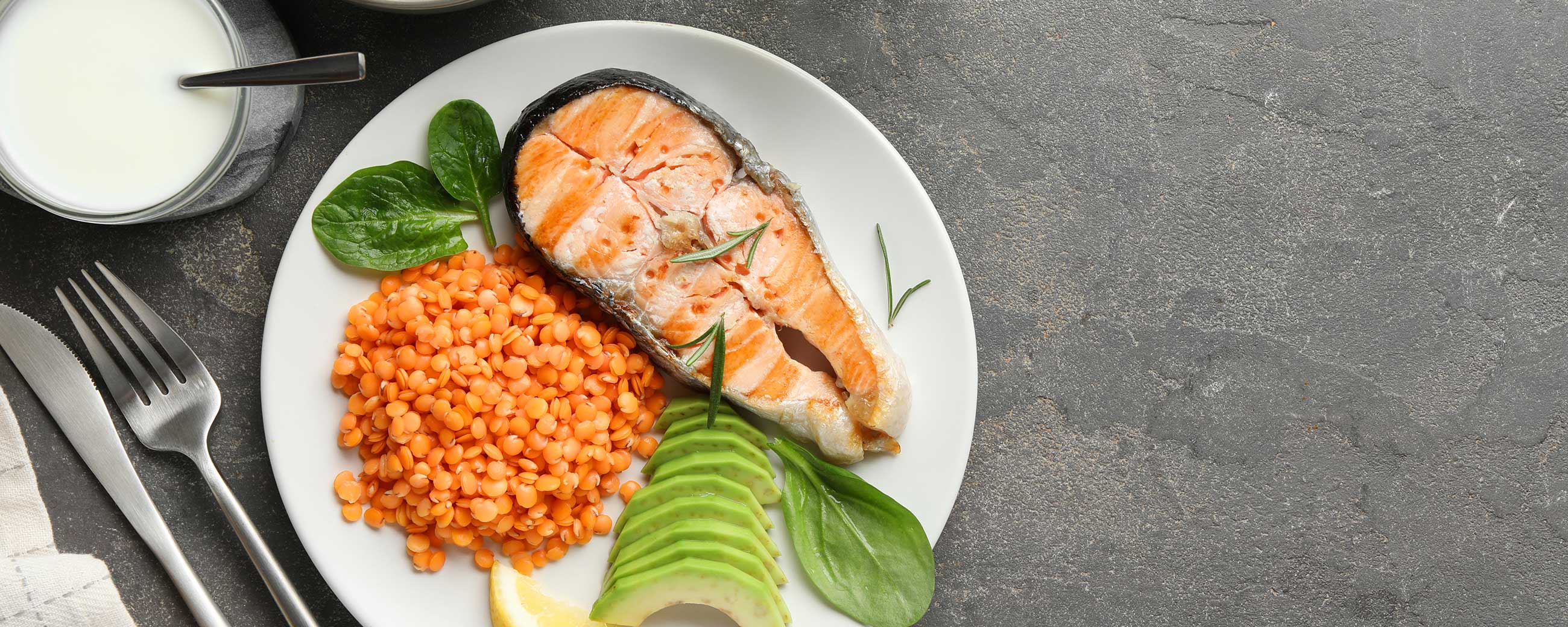What do I do if I get diarrhea on a ketogenic diet?
There are three common errors made with a poorly-formulated low carbohydrate diet that can cause stomach and intestinal upset and diarrhea: sugar alcohols, too much protein, and the wrong source of dietary fats.
A well-formulated ketogenic diet is a key component for effective diabetes reversal. When done right, diarrhea is not a common side effect of this nutritional plan. If it occurs, it is likely due to well-intentioned but incorrect food choices. But while sorting this out, it is important that you stay hydrated and replenish your electrolytes!
It is also important to note that there are many causes of diarrhea independent of a ketogenic diet, so contact your doctor if your diarrhea causes severe symptoms or lasts longer than a week.
You may need to take a closer look at what you are eating.
Ask yourself a few questions:
1. Are you a frequent consumer of sugar free beverages, candies, protein/diet bars, and sugar substitutes? These can cause diarrhea.
Sugar free and low carb products frequently contain sugar alcohols to give them a sweet taste while avoiding table sugar (sucrose). These sugar alcohols (xylitol, sorbitol, mannitol, maltitol, lactitol, and isomalt) have been known to cause gastrointestinal distress (Makinen, 2016). Of these, sorbitol is the least tolerated, but all of them can cause gas, nausea, and diarrhea if consumed above one’s level of tolerance. Thus, eating fewer products containing sugar alcohols may help with your diarrhea.
This video explains the connection between sugar alcohols and gastrointestinal distress:
2. Are you eating low carb, low fat, and high protein? Too much protein can lead to diarrhea.
Remember, a well-formulated ketogenic diet is low carb, high fat, and moderate protein. When cutting carbs, it can be tempting to increase your protein without increasing your fat, but the resulting high protein diet can lead to diarrhea (Speth, 1983). It is important to keep protein at about 10-20% of your daily energy need and add ‘good fat’ for satiety. More on what constitutes 'good fats' below. Read more on how much protein you need on a ketogenic diet
3. Are you choosing the right sources of dietary fat? Some oils can cause diarrhea.
While a little bit of omega-6 and omega-3 essential fats are required from our diet, more is not better. In particular, our digestive systems have a limited tolerance for vegetable and seed oils high in omega-6 fats. Early in our human research, we found out that feeding our patients a high fat diet made with soybean, corn, safflower, or sunflower oils promptly made them feel nauseated and caused diarrhea. Given that a well-formulated ketogenic diet eaten to maintain body weight provides 70-80% of one’s daily energy intake as fat, the majority of this fat intake needs to come from mono-unsaturated and saturated sources such as olive oil, high oleic versions of safflower and sunflower, coconut oil, lard, butter, cream, and high fat cheese.
Here are some fats and oils that we recommend:

Citations
Makinen KK. Gastrointestinal Disturbances Associated with the Consumption of Sugar Alcohols with Special Consideration of Xylitol: Scientific Review and Instructions for Dentists and Other Health-Care Professionals. Int J Dent. 2016; 2016: 5967907.
Speth JD, Spielmann KA. Energy source, protein metabolism, and hunter-gatherer subsistence strategies. J Anthropol Archaeol 1983; 2:1–31.




